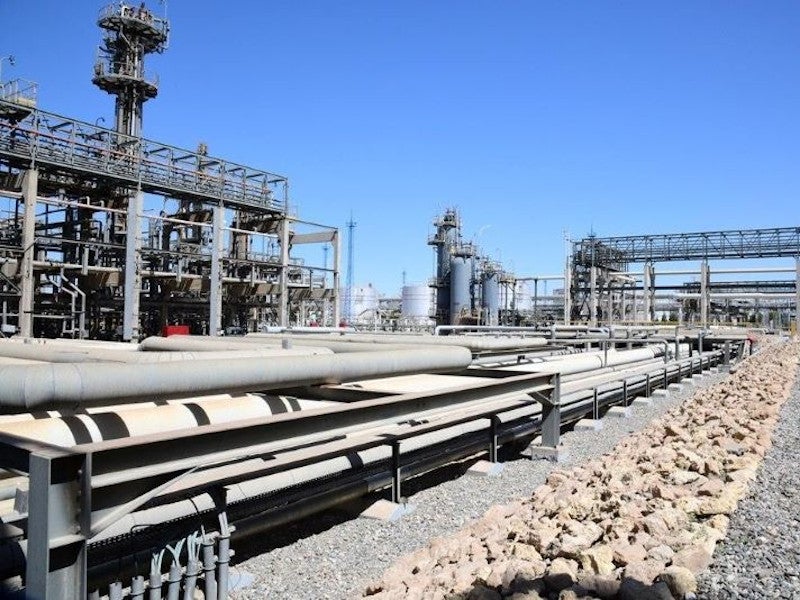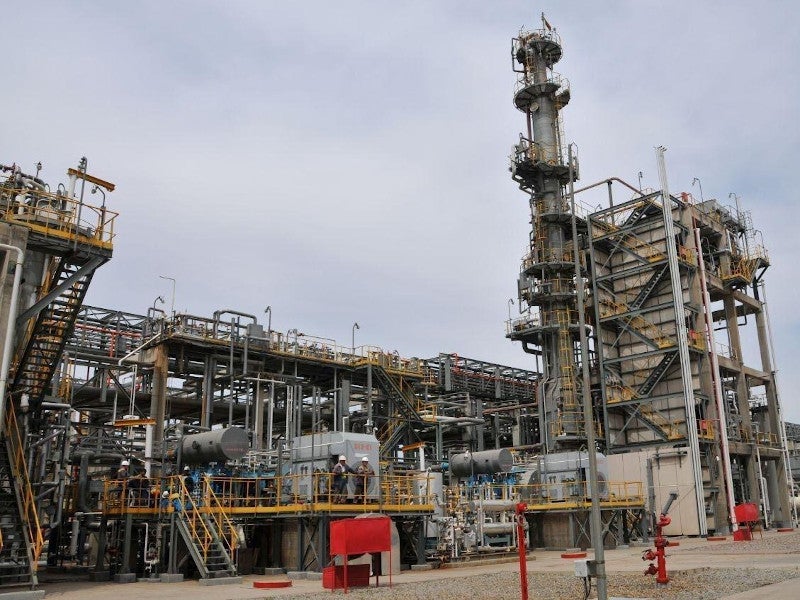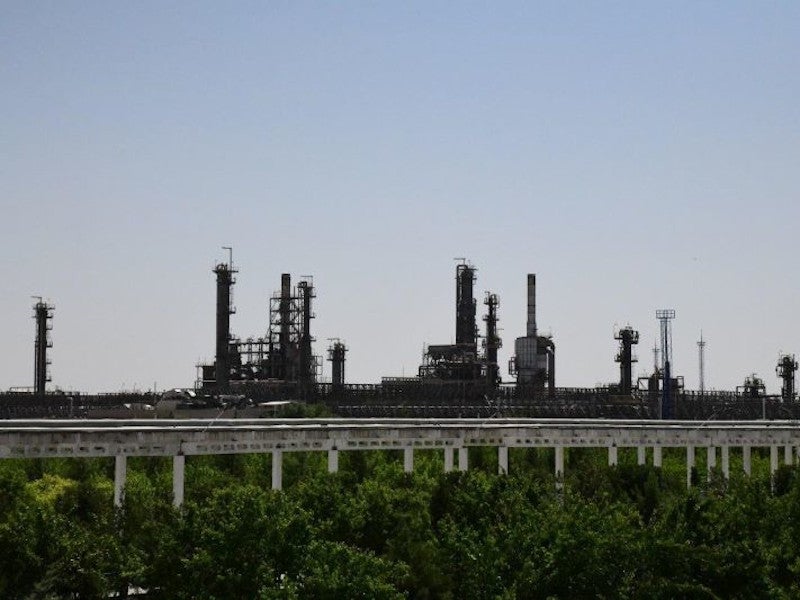The Bukhara oil refinery in Uzbekistan is being modernised to increase the crude oil conversion capacity as well as to enable the production of Euro-5 standard petroleum products.
Operational since 1997, the refinery is owned and operated by Bukhara Refinery, a subsidiary of Uzbekistan’s state-owned oil and gas company Uzbekneftegaz.
The current processing capacity of the refinery is approximately 50,000 barrels a day (bpd). The on-going modernisation project is intended to increase the depth of refining from 79% to 95% and the light petroleum products yield from 77% to 91%.
The estimated investment in the Bukhara refinery modernisation project is estimated to be approximately £520m ($678.5m).
Bukhara was the first refinery in Uzbekistan to start the production of diesel meeting the Euro-4 and Euro-5 standards in March 2020.
Location and refinery details
The 50,000bpd Bukhara refinery is located in Karaulbazar, in the Bukhara region, approximately 437km southwest of Uzbekistan’s capital Tashkent.
The feed for the refinery is supplied from the oil and gas fields in the Kashkadarya and the Bukhara regions of Uzbekistan.
The various petroleum products produced in the refinery include petrol, jet fuel, diesel, and pyrolysis gasoline.
Bukhara oil refinery modernisation plan
The refinery modernisation plan includes the installation of new units for naphtha hydrotreating, light naphtha isomerisation, pressure swing adsorption, as well as a catalytic cracking complex, apart from the reconstruction of the existing amine treatment units, gas oil hydrotreater, and the atmospheric distillation unit.
Honeywell UOP will provide licensing and basic engineering design services for various process units including new naphtha hydrotreating, Par-Isom, residue fluid catalytic cracking (RFCC), SelectFining, and Merox units. The modernisation of existing diesel hydrotreating and amine regeneration units is also part of the modernisation plan.
In the Par-Isom process, the light naphtha is upgraded into high-value isomerate for petrol blending, while the heavy feedstocks are converted into petrol and diesel products in the residue fluid catalytic cracking (RFCC) process.
The Merox unit is employed for sulphur extraction and the sweetening of the naptha feedstock. In the SelectFining process, the naptha is subjected to selective hydro-desulphurisation in order to produce low-sulphur petrol while maximising the retention of octane.
The refinery launched the production of Euro-4 and Euro-5 standard diesel fuel in March 2020. The existing catalyst was replaced with a new generation catalyst system in order to produce diesel fuel meeting Euro-5 standard.
Contractors involved
Honeywell UOP, a subsidiary of Honeywell’s Performance Materials and Technologies strategic business group, agreed to provide licensing and basic engineering design services for various units in the Bukhara refinery in September 2020. The process units include new naphtha hydrotreating, Par-Isom, Residue Fluid Catalytic Cracking, SelectFining, and Merox.
SK Engineering & Construction, a subsidiary of South Korea-based SK Group, entered into an agreement to provide engineering services worth approximately £5.8m ($7.2m) for the Bukhara refinery modernisation project in July 2020. As part of the contract, SK E&C will conduct a basic design study for the project.





